Befriend your hormones & balance your life
10 Ayurvedic Tips That Will Change Your Life
Thyroid Care
Thyroid Health Support
Supplements that help support the thyroid gland provide nutrient support for everyday thyroid function, as well as the sustained release of energy throughout the body, metabolism support and weight management. The thyroid gland is a butterfly-shaped gland, located in the base of the neck and releases hormones for metabolism, the way the body uses energy. Thyroid hormones help regulate many vital body functions, including metabolism, healthy growth and development, by releasing a steady amount of thyroid hormone into the bloodstream on a daily basis.
Thyroid Support Nutrients
- Ashwagandha (Withania somnifera), an important ayurvedic herb that acts as an adaptogen, for energy and stress support and supports the thyroid gland via the thyroid-adrenal axis.
- Coleus forskohlii supports healthy metabolism and thyroid function.
- Seaweed extract, which supports healthy weight management and is a natural source of iodine for thyroid support.
- L-Tyrosine is an amino acid that supports the production of thyroid hormones.
- Coenzyme Q10 – to support energy production in every cell, which can help to support thyroid energy levels and metabolism, plus antioxidant support.
- Iodine is a specific, nutritive mineral for the thyroid gland, to help support healthy thyroid hormone production and maintain the healthy function of the thyroid.
Tips to Support Thyroid Health
- Iodine-rich foods include dairy products; eggs, milk, cheese, and yogurt. Other foods that carry a lot of iodine include sea foods, including seaweed, shellfish and salt fish. Eat for energy and make sure your foods are full of energy boosting ingredients, while also increasing the consumption of healthy fats in the diet.
- Manage stress levels. This can often play a part in our energy reserves and how well the thyroid operates.
- Exercise is a great stress release and encourages circulation and delivery nutrients to the thyroid gland, to keep it healthy and well maintained.
- Balance Your Blood Sugars by eating protein snacks and keeping carbohydrate foods low, as there is a significant relationship with blood glucose levels and the daily function of the thyroid, in terms of energy levels and metabolism.
- Consider taking specific supplements, to help support and maintain your thyroid function on a daily basis and long-term.
FAQ's
Challenges that can be experienced if your thyroid is not working optimally include; hyperthyroidism (overactivity of the thyroid), hypothyroidism (underactivity of the thyroid), Hashimoto’s (an autoimmune condition) and goiter (swelling of the thyroid). A healthy thyroid means: Optimal digestive health and metabolism, balanced mood and emotional wellbeing, healthy weight that remains constant, able to deal with temperature changes easily, healthy hair and skin, optimal brain function and cognition, feeling relaxed and sleeping well.
Antioxidant rich foods such as blueberries, tomatoes, peppers, can support overall health and benefit the thyroid gland. Eating foods high in B Vitamins, like whole grains, may also help. Seaweed, such as kelp, nori, and wakame, are naturally rich in iodine, a trace element needed for healthy thyroid function. Other important foods for the thyroid gland include fish, dairy and eggs. Always check for food allergies and intolerances. It is important to consider the necessary supplementation with support nutrients such as iodine, L-Tyrosine and herbal extracts, in addition to diet to help support optimal thyroid function, if needed.
It would be worthwhile considering the necessary supplementation for thyroid health, if you were experiencing the following; Body weight concerns, hormonal balance issues, body temperature challenges, experiencing irritability and nervousness, having trouble sleeping, having an enlarged thyroid gland (goiter), having muscle weakness and tremors, having trouble sleeping, energy and fatigue issues.
For some, caffeine may trigger unwanted thyroid symptoms, as caffeine can be a stimulant. In contrast, others may experience fewer side effects. Caffeine can potentially interfere with prescription medication and supplement intake and it is therefore suggested that people should wait at least an hour in between their cup of coffee and their thyroid medication or supplements.




